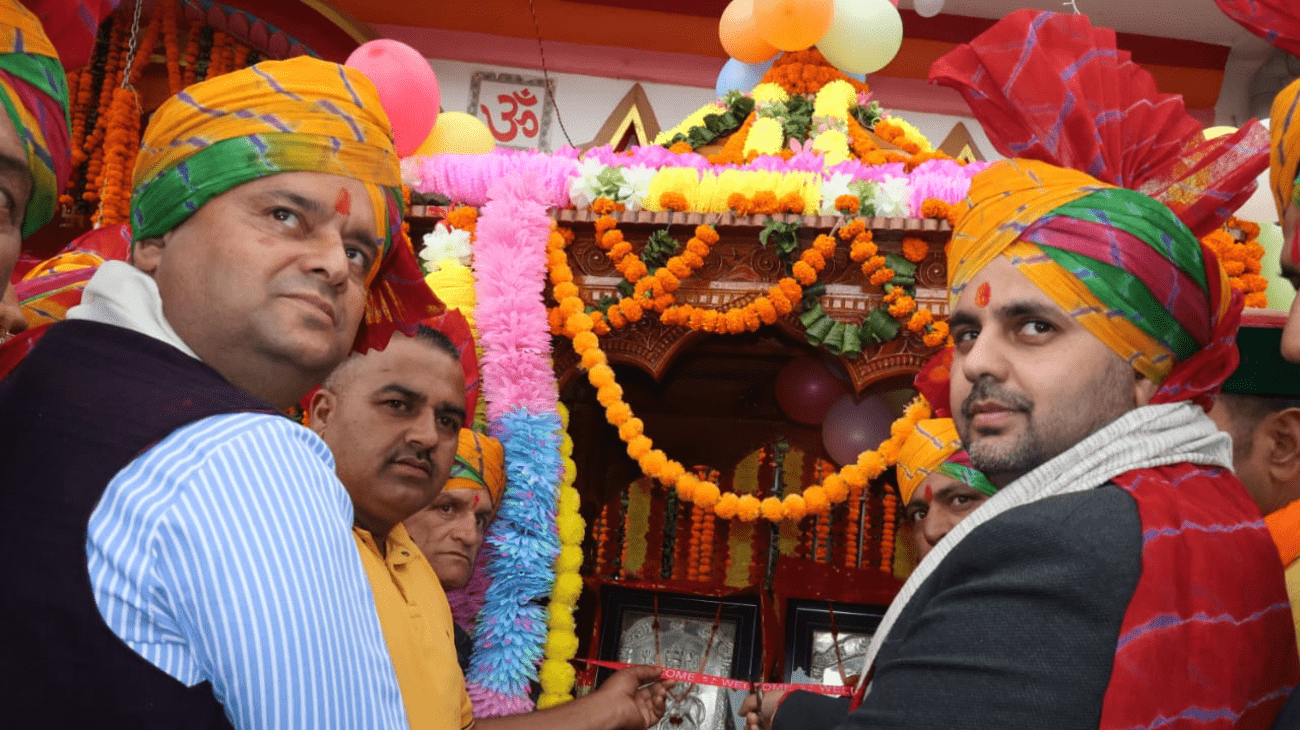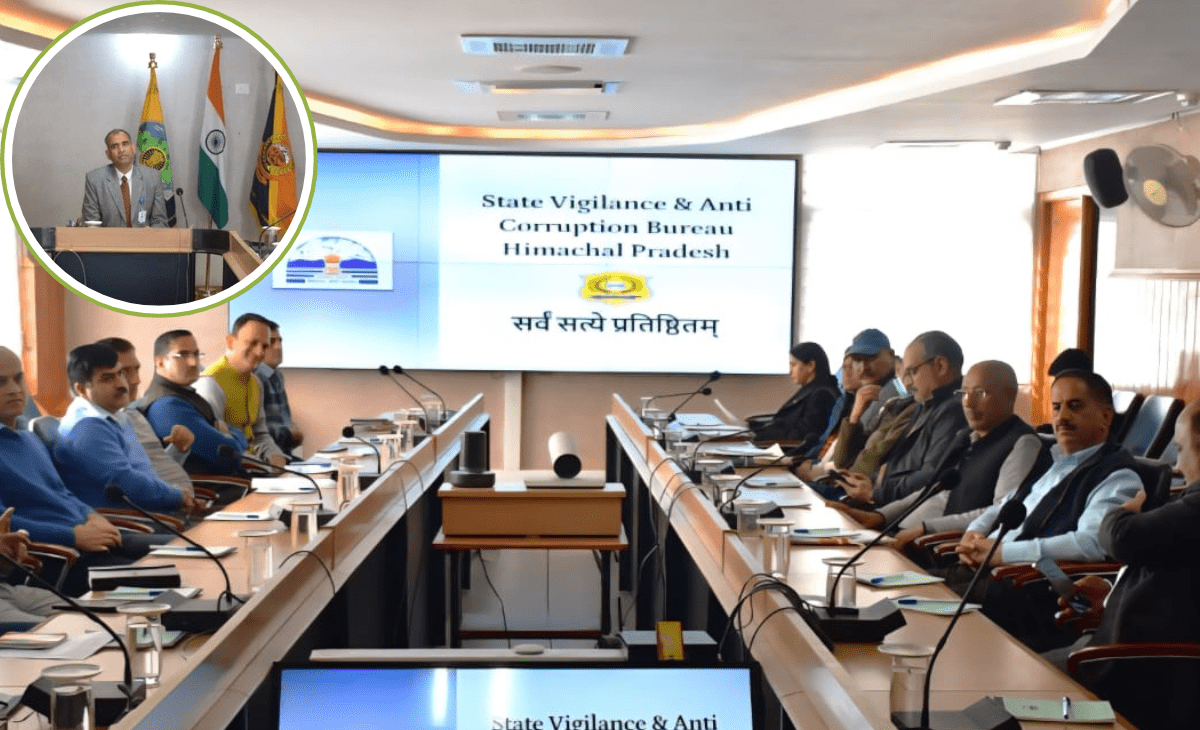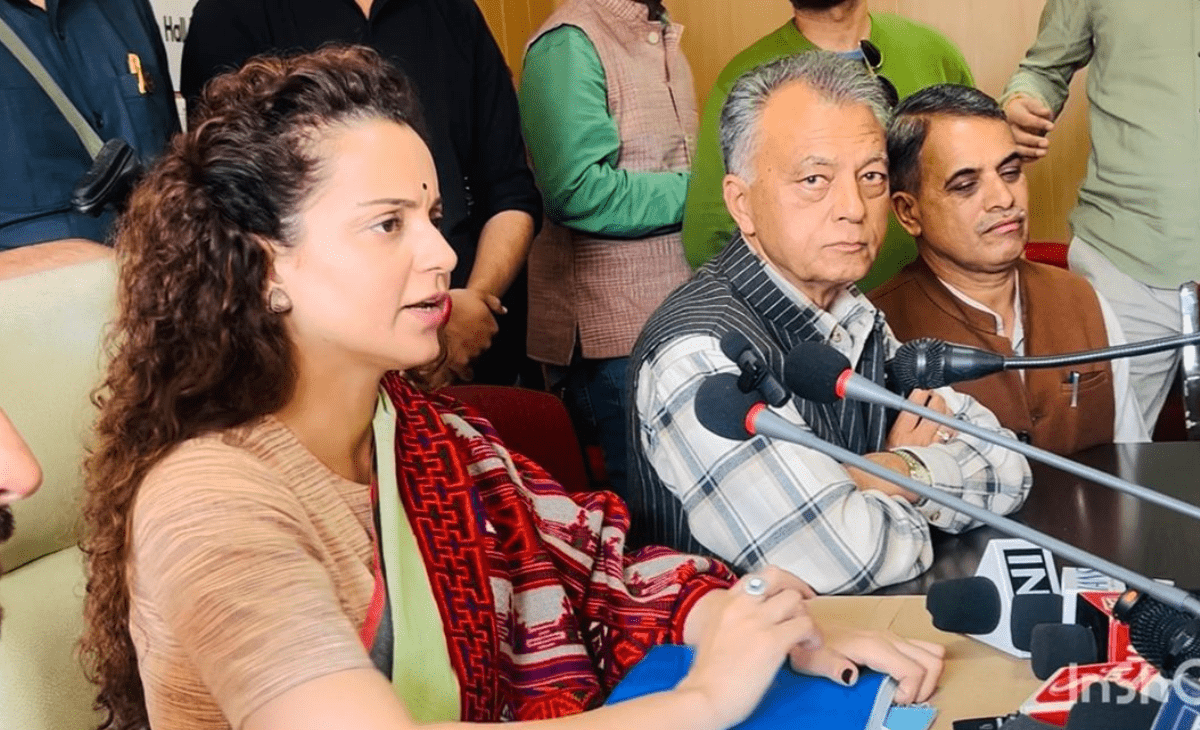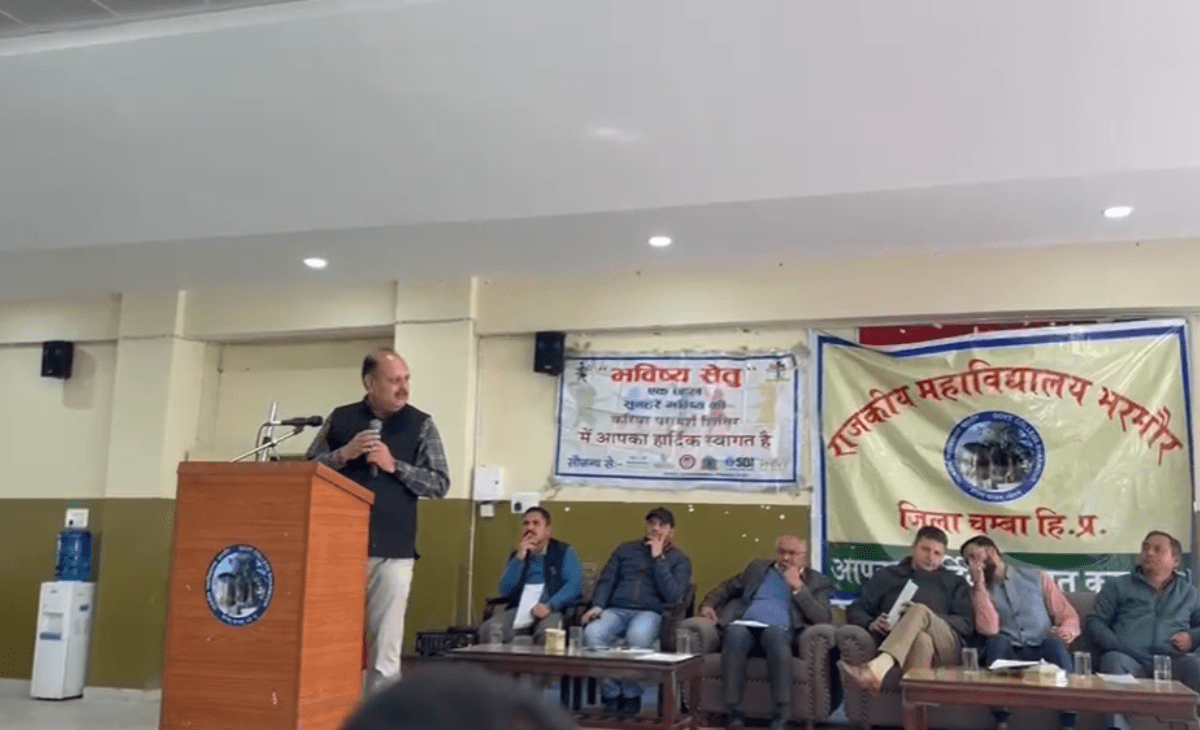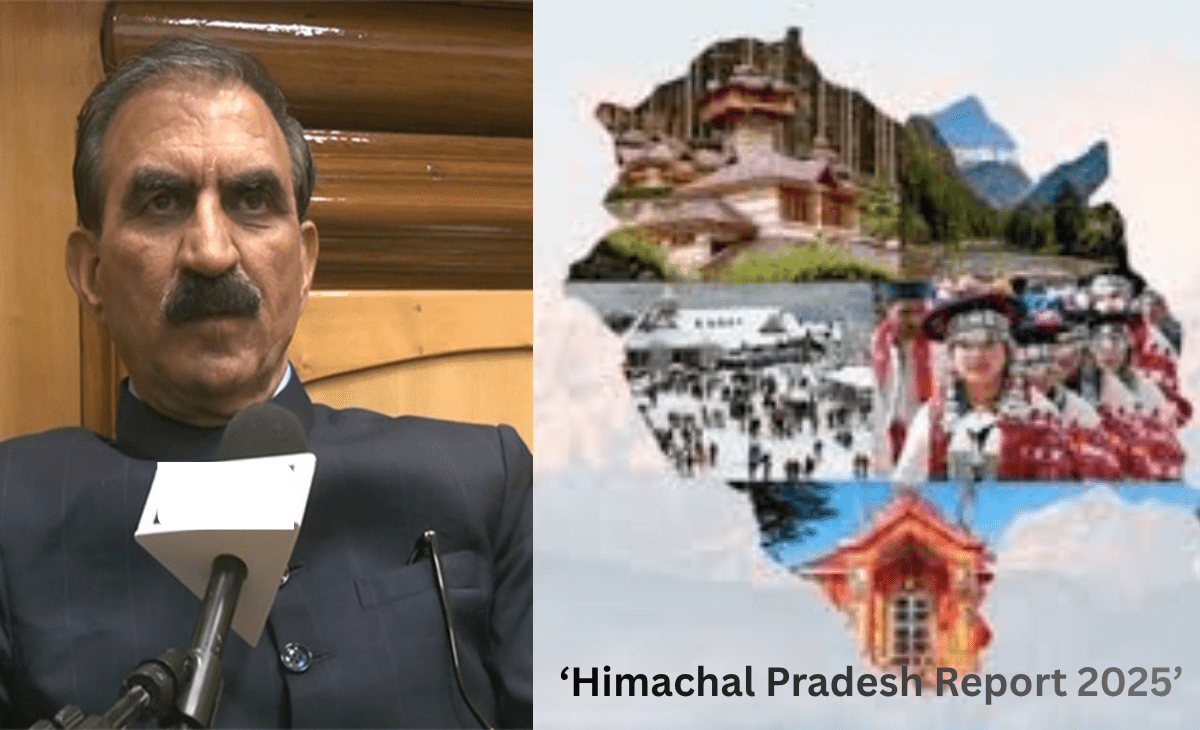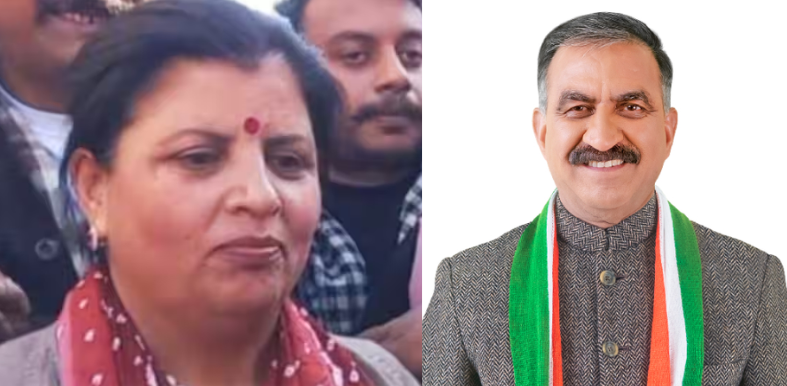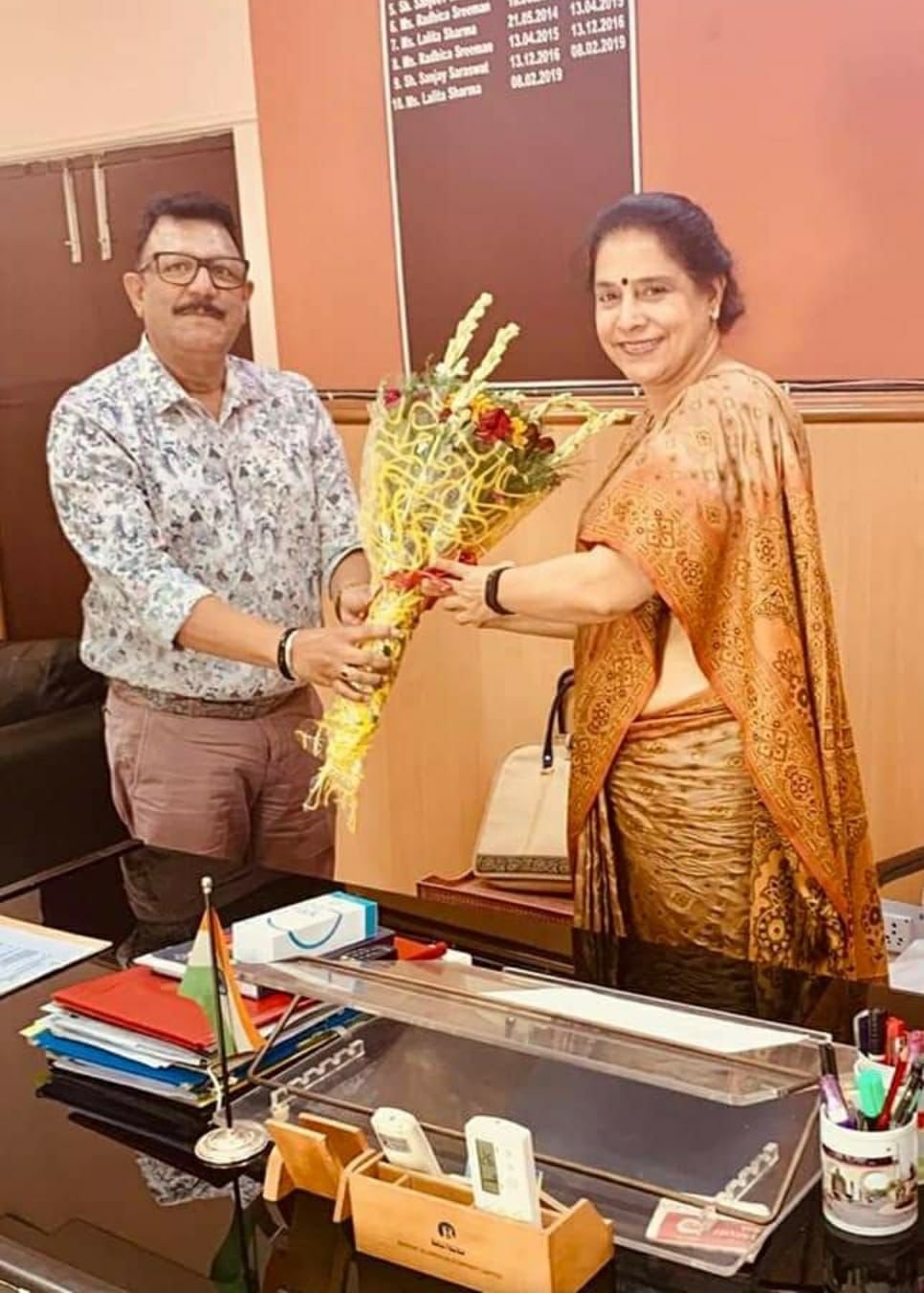Rewalsar (Mandi): As the festival of Baisakhi is being celebrated with great enthusiasm across the region today, the sacred town of Rewalsar has come alive with spiritual fervor and cultural vibrancy as part of its ongoing four-day Baisakhi Mela.
Though the main Baisakhi festival falls today, the grand inaugural ceremony of the Mela took place yesterday with a devotional and symbolic start. Gokul Butail, Principal Advisor to the Chief Minister (IT, Innovation & Governance), formally flagged off the celebrations by leading a majestic ‘Jaleb’ procession, pulling the divine chariot of Baba Lomash Rishi and Mata Naina Devi from the temple premises.
The vibrant procession, accompanied by traditional drums, chants, and folk music, encircled the serene Rewalsar Lake before reaching the main event venue. The opening ceremony saw massive participation from locals and devotees, as well as colorful tableaux presented by the Guru Gobind Singh Gurudwara Management Committee and Brahma Kumaris, showcasing the message of peace, spirituality, and communal unity.

In his address, Gokul Butail emphasized Rewalsar’s unique identity as a Triveni Sangam, where Hinduism, Sikhism, and Buddhism have coexisted in harmony for centuries.
“Rewalsar is not just a place of worship, it is a living symbol of India’s unity in diversity. These fairs not only strengthen the bond between communities but also help preserve our rich spiritual and cultural legacy,” he said.
He also announced that a comprehensive Master Plan would be proposed to the state government to ensure the integrated development of Rewalsar, with better facilities for pilgrims and tourists, including improved infrastructure and parking provisions.
The fair was formally inaugurated in the presence of local representatives, officials, and community leaders, who extended greetings to the people and reiterated the government’s commitment to developmental and welfare initiatives in the region.
Why Baisakhi is Special in Rewalsar
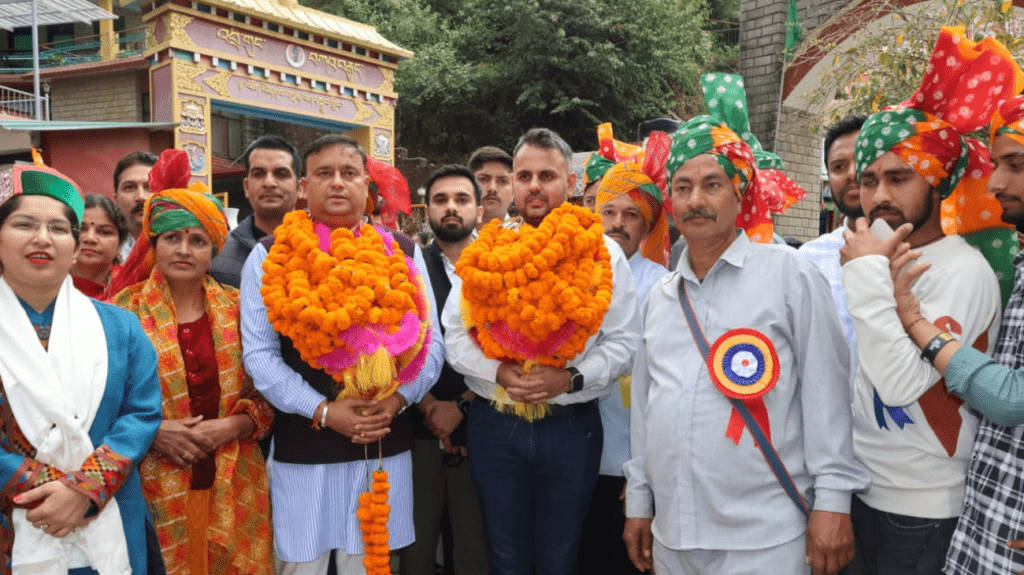
Today’s Baisakhi marks the Sikh New Year and commemorates the creation of the Khalsa Panth by Guru Gobind Singh Ji in 1699, a pivotal moment in Sikh history. It also signals the beginning of the harvest season and is deeply rooted in agrarian traditions.
Rewalsar adds further spiritual depth to the occasion. The lake town is revered by Hindus as the site where Sage Lomash meditated, by Buddhists as a place where Guru Padmasambhava performed spiritual acts, and by Sikhs due to the visit of Guru Gobind Singh Ji, who established the Gurdwara Damdama Sahib here.
As the fair continues over the next three days, Rewalsar will witness a blend of religious rituals, cultural programs, spiritual discourses, and community bonding—bringing together people of all faiths in a shared celebration of peace, tradition, and devotion.
Munish Sood


